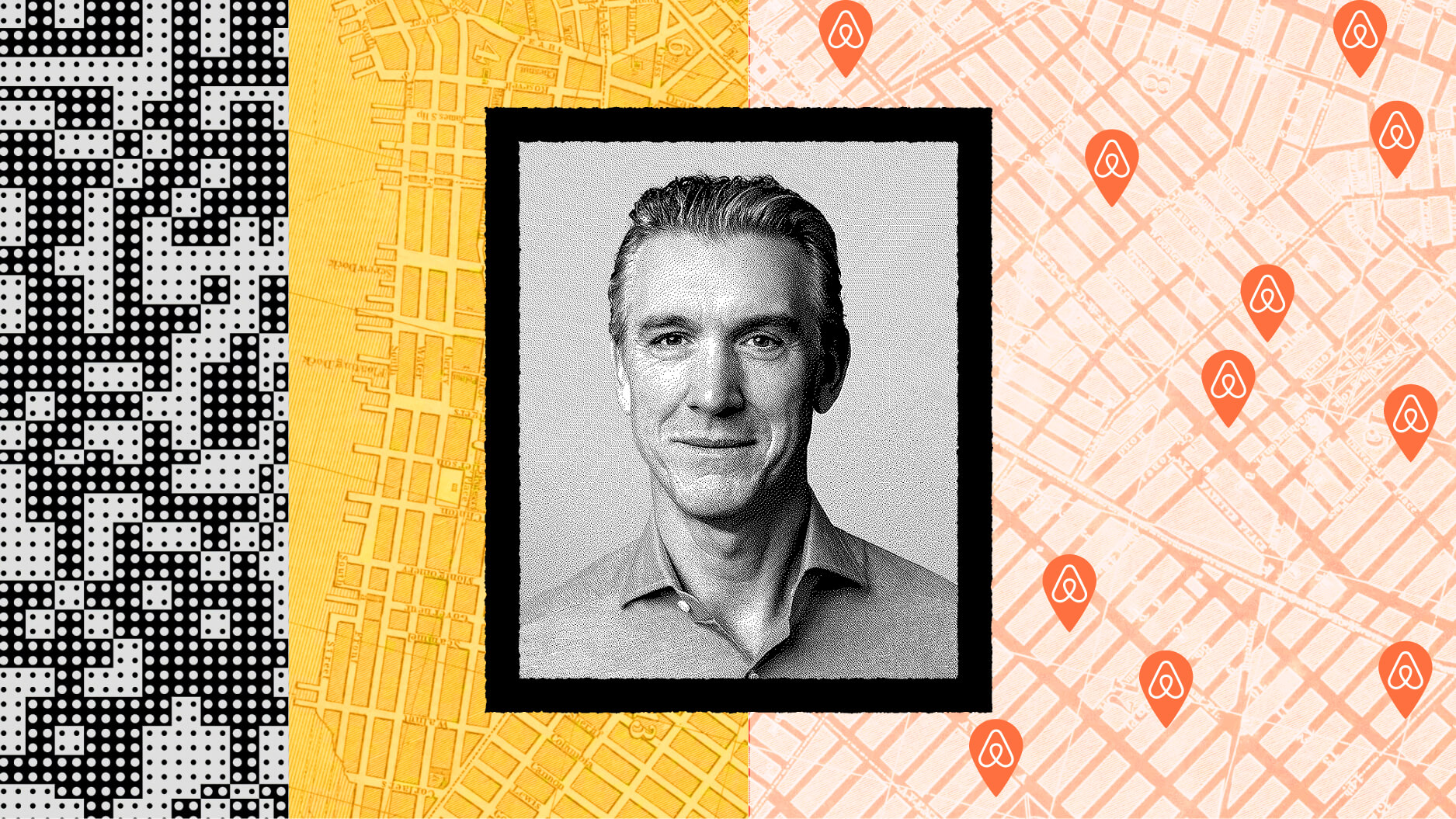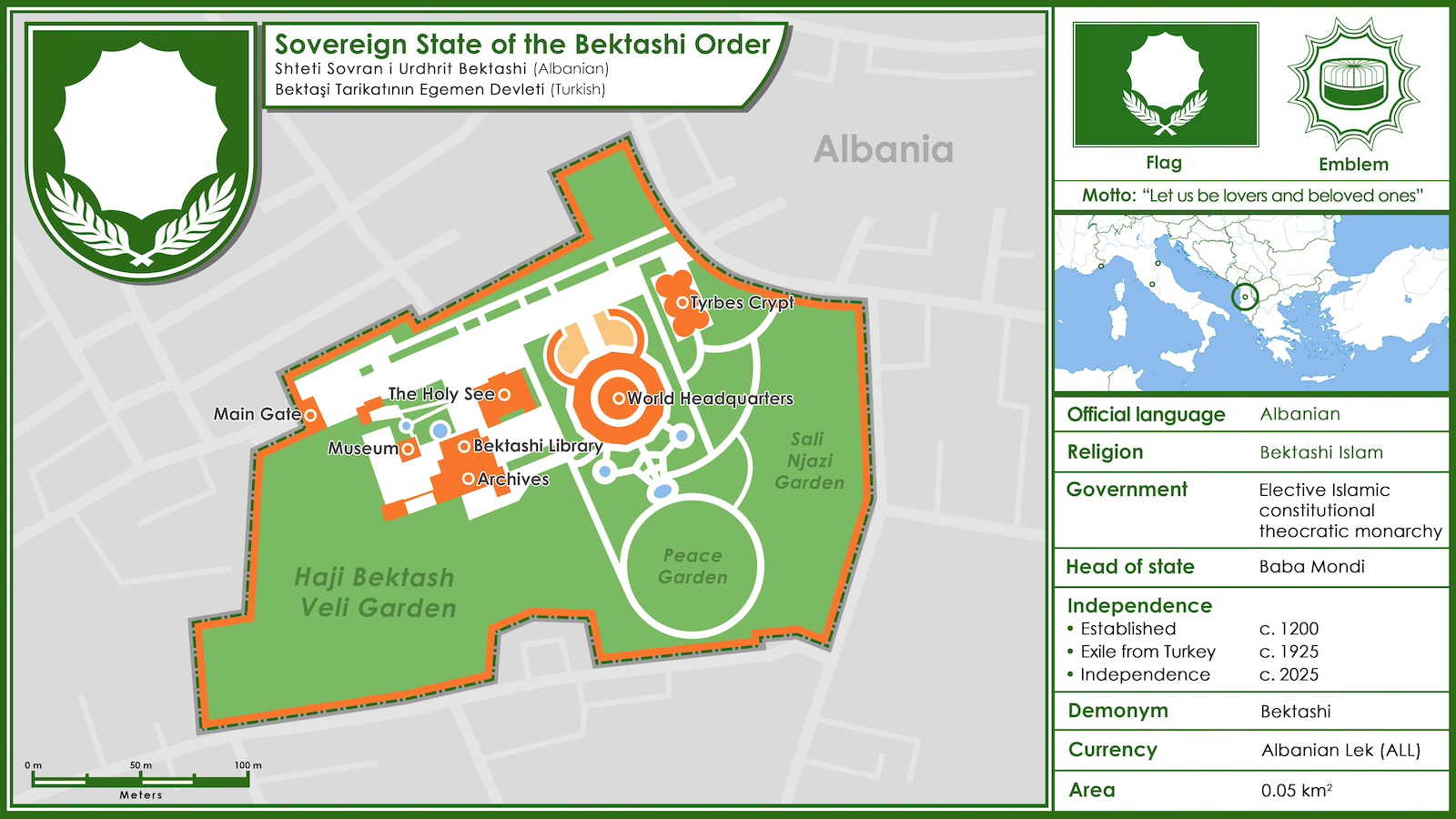The prime minister says the tragedy in Haiti demonstrated the need to maintain strict building codes and to have disaster-management measures in place.
Question: What lessons has Jamaica learned from the aftermath of the earthquake in Haiti?
Bruce Golding: Well part of our circumstance in the Caribbean is that we are exposed to the three worst natural disasters, earthquakes, hurricanes and volcanoes. In the case of Jamaica we have... we are not prone to volcanoes; we have no volcanoes there. But we are prone to earthquakes and hurricanes.
The Haitian experience has demonstrated two things: One, the need for us to adopt appropriate mitigation measures, preventative measures. One of the things that I noticed when I visited Haiti, and I was visited Haiti two days after the earthquake is the lack of any building regulations, the sense of any building codes. So that four and five story buildings were constructed without proper reinforcement and so on. In Jamaica, we have maintained pretty strict regulations concerning how buildings ought to be constructed, where they should be constructed, what are the engineering features that ought to be there. And we have offered to help Haiti to put that in place.
The second thing that we learned was the need for us to put in place disaster-management measures. Haiti has always had a capacity problem and it was quite clear from the disaster that it was beyond their ability to cope. Mind you, a disaster of that magnitude would have challenged by even the people in California. But again, we are seeking to assist Haiti because we have had a disaster management agency now for almost 30 years. So we have built up quite a store of experience and expertise in dealing with that.
You can never be fully prepared and every disaster will challenge you in one way or another. In this case it has severely challenged it and the international community has an obligation to do everything possible to assist them.
Recorded on September 25, 2010
Interviewed by David Hirschman





